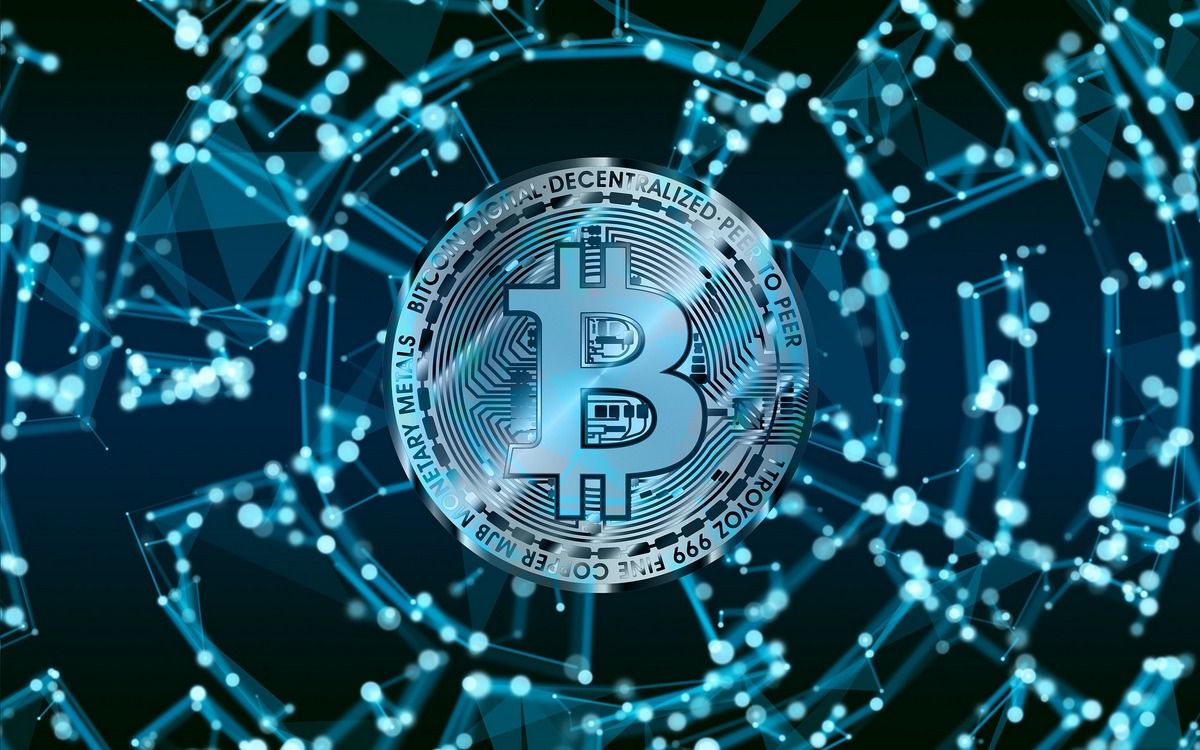Bitcoin could benefit from a USA default in a few ways. First, a default would likely lead to a decline in the value of the US dollar. This is because the dollar is the world’s reserve currency, and its value is based on the confidence that investors have in the US government’s ability to repay its debt. A default would erode that confidence and lead to a decline in the value of the dollar.
A decline in the value of the dollar would make Bitcoin more attractive to investors. This is because Bitcoin is not subject to government control, and its value is not tied to the US economy. As a result, Bitcoin could be seen as a safe haven asset in the event of a US default.
Second, a default would likely lead to increased volatility in the global financial markets. This is because investors would be looking for safe haven assets to invest in. Bitcoin could be seen as one of these assets, and as a result, its price could rise.
Third, a default could lead to increased demand for Bitcoin from institutional investors. This is because institutional investors are looking for assets that are not subject to government control. Bitcoin could be seen as one of these assets, and as a result, its price could rise.
It is important to note that there is no guarantee that Bitcoin would benefit from a USA default. However, the factors mentioned above could lead to an increase in the price of Bitcoin in the event of a default.
The United States has never defaulted on its debt. However, the possibility of a default has been a growing concern in recent years, as the national debt has continued to grow.
A default would have a number of serious consequences for the US economy. First, it would lead to a sharp increase in interest rates. This is because investors would demand a higher risk premium to hold US debt if they were concerned about the possibility of a default. Higher interest rates would make it more expensive for businesses to borrow money, which would lead to slower economic growth.
Second, a default would cause a sharp decline in the value of the US dollar. This is because the dollar is the world’s reserve currency, and its value is based on the confidence that investors have in the US government’s ability to repay its debt. A default would erode that confidence and lead to a decline in the value of the dollar.
Third, a default would disrupt global financial markets. This is because the US government is the largest single issuer of debt in the world. A default would lead to a loss of confidence in the global financial system and could lead to a financial crisis.
The consequences of a US default would be severe. It would lead to a recession, a decline in the value of the dollar, and a disruption of global financial markets. The US government would also be forced to make deep cuts in spending, which would have a negative impact on the economy.
The possibility of a US default is a serious threat to the US economy and the global economy. It is important for policymakers to take steps to avoid a default, such as reducing the national debt and raising taxes.
Here are some of the things that could happen if the USA defaults:
- Interest rates would rise, making it more expensive for businesses to borrow money and invest.
- The stock market would crash, as investors would lose confidence in the US economy.
- The value of the dollar would decline, making it more expensive for Americans to buy imported goods.
- The unemployment rate would rise, as businesses would be forced to lay off workers.
- The government would be forced to make deep cuts in spending, which would hurt essential services like education and healthcare.
A default would be a major economic crisis, and it would take years for the US economy to recover. It is important for policymakers to do everything they can to avoid a default.









